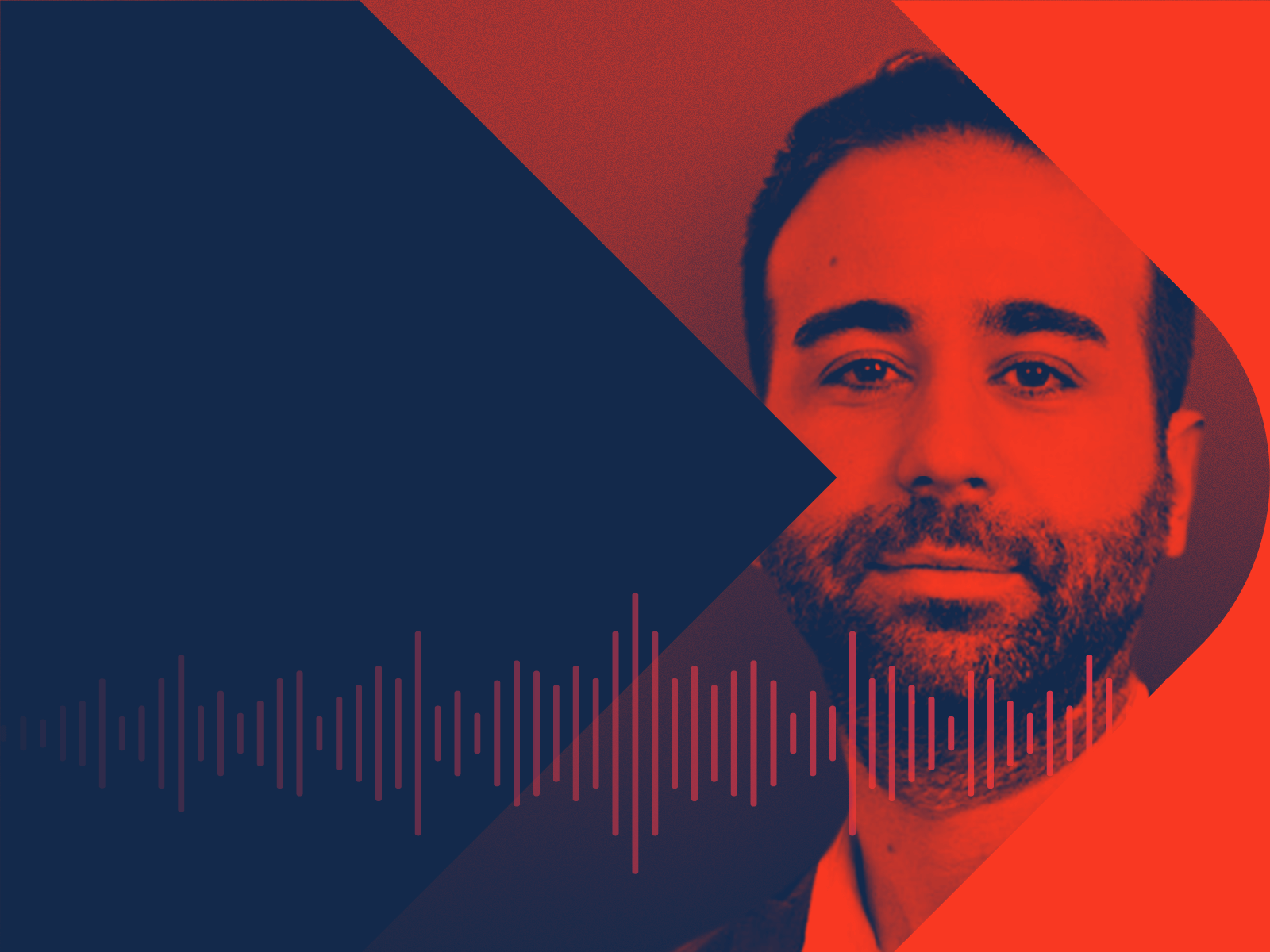“I would like to see it change in my lifetime.”
The industry is heading into an uncertain 2023 and beyond. Google has once again extended the deadline for the deprecation of the third-party cookie, and the economy is preparing for a recession. All against a backdrop of increased consumer awareness of how their data is being collected, shared and used for targeted ads.
In the latest episode of our Identity Architects podcast, InfoSum’s SVP of Sales, Northern Europe & Italy, Stu Colman, sat down with Mary Keane-Dawson, Managing Partner at KILN, the digital transformation agency, whose clients include, Time Out, LX Collection, and Connectd, to discuss privacy, regulations, distributed ledger technologies, and more.
“I think that most people just want the service and I think the trade of ‘I give you my data and in return you let me play with this stuff’ is basically now ingrained in the habits of humankind. That is where we are, and we have to address the reality of this situation. So given that is the reality, and the addiction is already there, then I think that it's absolutely vital that we force regulation and I think that's the only way that we will see the protection of the consumer.”
How did we get to the point where organizations collect vast consumer knowledge?
“The power that exists within organizations and the information that they have on us is so great that we are in this reverse engineering situation. If I may be so honest as to say we can't just keep burying our heads in the sand. There is an attitude within the industry that as long as I own the ID then I have the power. […] On one hand we say we really care deeply about the consumer. And our job in marketing is to inform the consumer about things that they need and that we'll be able to provide them with. That's what advertising does. We're here to do good and that's what we want to do but the reality is that increasingly we're abusing that. By selling their information and wrapping it up in ways which are unethical.”
We are starting to see some small changes though. Some companies are now on the way to adopting privacy as an essential part of their business strategy. We hope that these customer-centric organizations will lay the groundwork for others to follow.
“I'm a huge advocate for consumer privacy. […] I admire organizations that are trying to raise awareness amongst consumers about this data business and that is essential but I think they're on a hiding to nowhere at this moment in time now. It may well change. I would like to see it change in my lifetime.”
Wouldn’t we all. So, where do we start? Who is responsible for this change to make it happen?
“We don't have consensus and unfortunately this is a challenge for the industry. A lot of our associations – and God do we have a lot of them – often have the subcommittees and the specialist committees and we'll discuss all this stuff and then they build a report out but it gets lost. You know we don't have a position as an industry about what we think is good practice. […] There needs to be more consensus around what is good practice and what is bad practice.”
There is only one way to do better in the future and Mary said it right:
“Our industry has to be collaborative because essentially if it's not collaborative it doesn't work. […] Let’s embrace it”
Yes, let's embrace it. Let's change the narrative. Let's change the process. Let's change the principles.
Thanks Mary for the chat!





